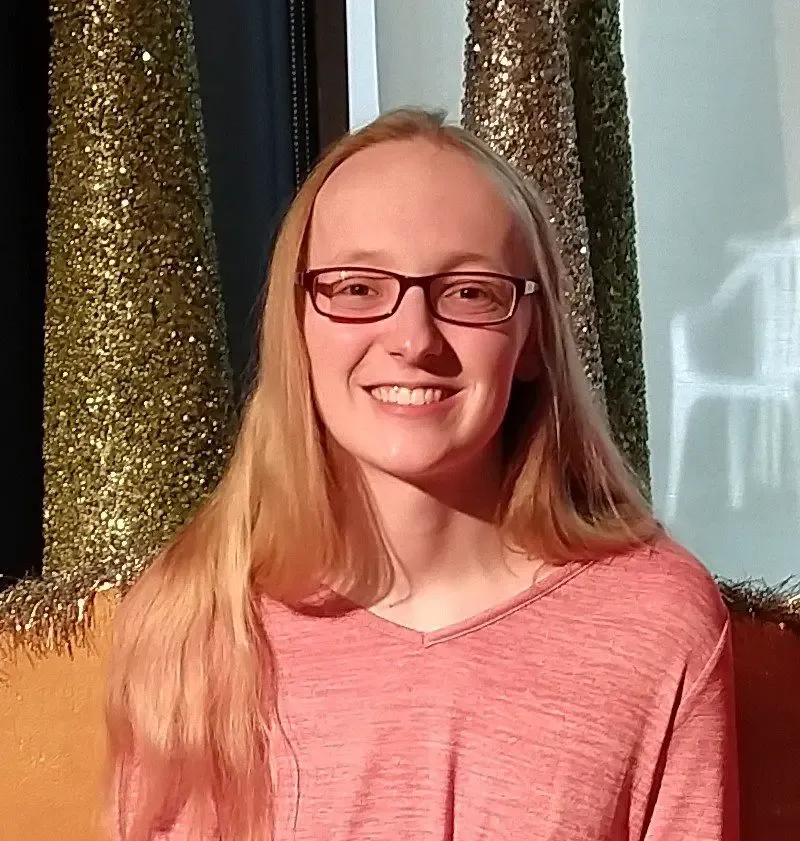Related

Henrico reports first rabies case of 2026
A raccoon that interacted with two dogs near Willow Lawn in Henrico County Jan. 2 has tested positive for rabies, Henrico Police officials said Tuesday. It is the first confirmed case of rabies in the county in the young new year. Police were called to the 5200 block of West
Click here to read more
Henrico history students shine at annual awards night
As on most evenings, the Henrico Sports and Events Center echoed Dec. 1 with the sounds of youth sports: running feet, basketballs drumming on floors, and shouts of triumph or dismay as volleyballs were slammed home. But on one basketball court, the clamor of squeaking sneakers and balls thudding against
Click here to read more
Henrico Police seek missing 48-year-old man
Henrico County Police officials are seeking the public's help to locate a missing 48-year-old county man. Jeffrey Norman Wilson, 48, last was seen Dec. 27 leaving a hotel in the 10000 block of West Broad Street, police said, adding that he is known to frequent that area. Wilson
Click here to read more
'My Henrico Academy' accepting applications for spring program
Henrico County is now accepting applications for My Henrico Academy, a leadership program designed to strengthen connections between the county and its multicultural communities while encouraging civic participation and empowerment. Now entering its sixth year, the free program offers as many as 20 immigrant and descendant participants an opportunity to
Click here to read more
